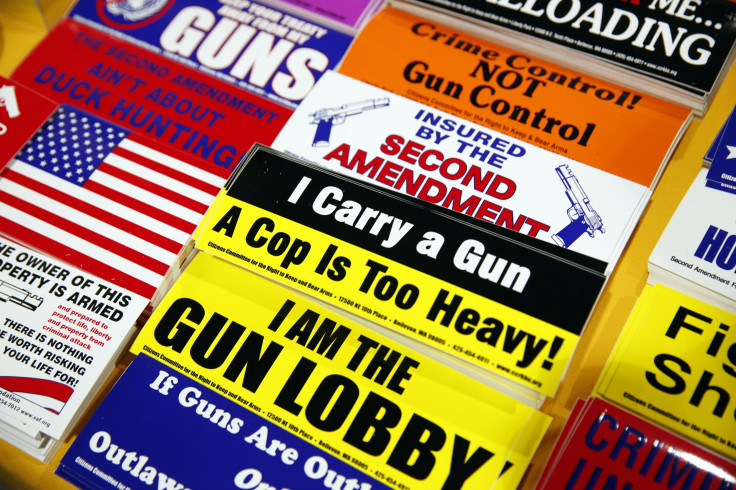Gun-Buying Laws 2016: How To Buy A Firearm Online And At Gun Shows Under New Obama Rules

Policies surrounding lawfully owning and selling guns in the U.S. changed this week, following President Barack Obama’s executive action Tuesday on background checks and regulations for firearms dealers. For starters, background checks are now federally mandated for sales over the internet and at gun shows. Previously, 17 states required background checks for these transactions.
Although Obama’s announcement raised concerns among gun rights advocates, the executive orders only expand existing procedures spelled out in a guide published in 2014 by the Bureau of Alcohol, Tobacco, Firearms and Explosives (ATF). The agency last year encouraged federal firearms licensees, or FFLs, to assist with private-party sales or ownership transfers of firearms.
Now, under risk of breaking the law, private parties must seek out a licensed dealer or become licensed themselves in order to conduct the proper background checks before a sale or transfer. Only licensed gun dealers can access the National Instant Criminal Background Check System, or NICS, according to the federal guide.
The following procedure must be followed for all online and gun show transactions:
(1) The prospective [buyer] must complete Section A of a Firearms Transaction Record, ATF Form 4473;
(2) The [licensed dealer] must complete Section B of the Form 4473, conduct a [background check] on the [buyer], and record the response;
(3) The [licensed deals] must record the words “Private Party Transfer” on the ATF Form 4473, Item 30c; and
(4) The [licensed dealer] must maintain the Form 4473 in accordance with [the law] … [and] ensure it can be determined which transaction records correspond with private party [sales] in the [dealer’s Acquisition and Disposition] record …
The ATF’s guide goes on to explain what licensed firearms dealers should do when the background check process returns a “denied” or “delayed” decision for the prospective transaction. The above law was established under the Brady Handgun Violence Prevention Act of 1993. After its original adoption, the act applied only to handgun sales. In 1998, a permanent provision went into effect requiring background checks on long guns such as shotguns and rifles, according to the Law Center to Prevent Gun Violence.
© Copyright IBTimes 2024. All rights reserved.





















